
L-R: Consultant, Lagos State Internal Revenue Services (LIRS), Hon. Adeniyi Fabikun; Chairman of the Board, Mr. Olufolarin Ogunsanwo; President, Lagos State Council of Tradesmen and Artisans (LASCOTA), Alhaji Nurudeen Buhari; Director, Human Recourses & Administration, LIRS, Mrs. Arinola Kola-Daisi and the Director, Informal Sector & Special Duties, Mr. Owolabi Kamson, during a meeting between the LASCOTA and LIRS, at the Auditorium, Alausa Ikeja
.Thursday 28-07-2016
As part of its drive to ensure tax compliance in the Centre of Excellence, especially from the informal sector, the Lagos State Internal Revenue Service (LIRS) held a stakeholders’ meeting with tradesmen and artisans in the State on Thursday July 28, 2016.
The tradesmen, represented by their umbrella body, the Lagos State Council of Tradesmen and Artisans (LASCOTA) met with officials of the tax agency at the Adeyemi Bero Auditorium located inside the Lagos State Government Secretariat, in Alausa, Ikeja.
The event which witnessed a huge turn-out of representatives of different taxpayer groups within the sector and Lagos State government officials was chaired by the Executive Chairman LIRS, Mr. Olufolarin Ogunsanwo.

The LIRS boss bemoaned the attitude of some residents to payment of taxes, disclosing that of the nine million projected taxable persons resident in the State, only a little above five million of them are tax compliant, hence the urgent need for the tax agency to ensure all stakeholders including the informal sector contribute their respective quota to the revenue pool.
Ogunsanwo urged tradesmen and artisans operating in the State to pay an annual tax of N5, 000 each (under the presumptive tax regime), enlightening those present on the renewed and continuous efforts embarked upon to build ease and convenience into the payment of these taxes.

He said, “In its continuous drive to increase the State’s Internally Generated Revenue (IGR) and make tax assessment and payment voluntary, convenient, and unambiguous for tax payers, LIRS has opened up new payment platforms, compressed the tax forms and printed them in Yoruba and Pidgin, acquired a hotline that taxpayers can call for enquiries in any of the 3 major languages, replaced MTCC with ETCC for the informal sector and reviewed the cost and process of replacement of the said card amongst other things.
The sensitization campaign also hinged on the various steps taken by the Lagos State Government to continually create an enabling environment for businesses to thrive. According to Ogunsanwo, with the shortfall in allocation from the federation accounts, one of the ways of shoring up revenue for a cosmopolitan state like Lagos is to create the enabling and business- friendly environment for the Informal Sector and thereafter ensure that all taxes due are collected in an effective and efficient manner. He reiterated that His Excellency, Governor Akinwunmi Ambode of Lagos State, has been able to carry out all his campaign promises to Lagosians through execution of projects which have been made possible by the taxes that are being paid by individuals and groups.”

Explaining why taxpayers in Lagos State must file a return of their earnings, the Lagos Chief Tax Man, also quoted copiously from Section 24 of the Personal Income Tax Act urging residents to pay their taxes as and when due.
He said, “The Personal Income Tax Act which is a federal law is what we implement for the collection of taxes. This Act also states in Section 41 that you must file your returns within the first 90 days of the commencement of any year. Anyone that does not do so will be running afoul of the law and may be prosecuted and even jailed on conviction. This explains why LIRS has launched various campaigns, using all platforms to sensitize artisans, traders and market men/women, making them understand that paying taxes is not only their civic responsibility, but it is also the law.
Ogunsanwo harped on the need for tradesmen and artisans in Lagos state to pay the stipulated N5, 000 annual tax, citing the punitive measures that are in place for tax defaulters.
“There is a new plan for massive enumeration of people in this sector and when this is fully implemented, certainly there will be no hiding place for those that will still choose to disobey the law.
The plan will ensure that every artisan, in one way or another will have a contact with the government, and in so doing, evidence of tax payments will be requested. Just as we have always requested tax clearance certificate from anyone caught for a traffic offence in Lagos State.
This is to say, after the Lagos State Traffic Management Authority, LASTMA, has obtained a fine from any offender, there will still be a request for evidence of tax payment before his or her car is released. With that a lot more people were brought into the tax net”
To make this step an achievable feat, the tax agency disclosed the need to work with consultants which the governor has approved and the need to also bring on board, representatives of the Informal Sector who make a large percentage of the population in Lagos.
Responding on behalf of the artisans, President of LASCOTA, Alhaji Nurudeen Buhari commended the tax agency and its officials for their concerted efforts in interacting with members of the association. He solicited the government’s support in encouraging tradesmen and artisans to join the relevant associations for proper monitoring and accountability and assured the government of LASCOTA’s commitment in helping the present administration meet its set goals.
The Lagos State Internal Revenue Service (LIRS) is an agency of the Lagos State Government which is saddled with the responsibility of collecting taxes and has recorded an unrivaled success over the years.
Signed
Monsurat Amusa
Head,Corporate Affairs
Lagos state Internal Revenue service

 BIG STORY3 days ago
BIG STORY3 days ago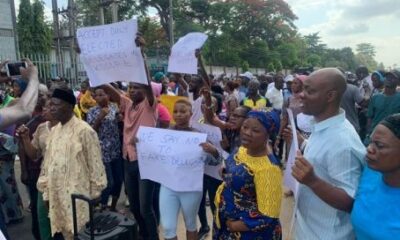
 BIG STORY2 days ago
BIG STORY2 days ago
 BIG STORY2 days ago
BIG STORY2 days ago
 BIG STORY2 days ago
BIG STORY2 days ago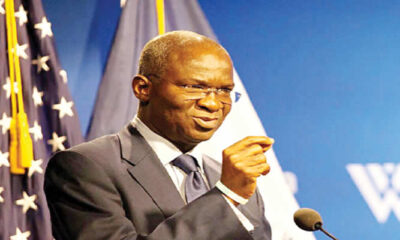
 BIG STORY14 hours ago
BIG STORY14 hours ago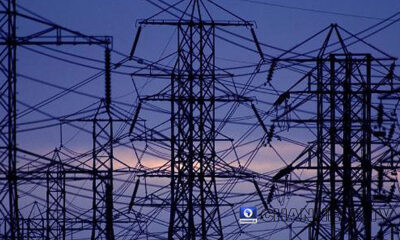
 BIG STORY3 days ago
BIG STORY3 days ago
 BIG STORY2 days ago
BIG STORY2 days ago
 BIG STORY2 days ago
BIG STORY2 days ago










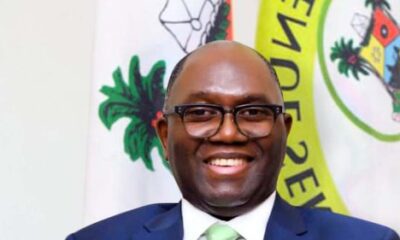

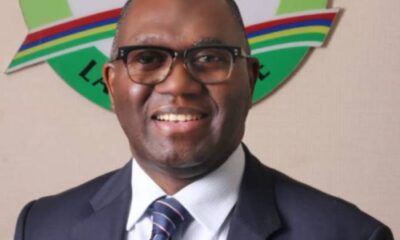






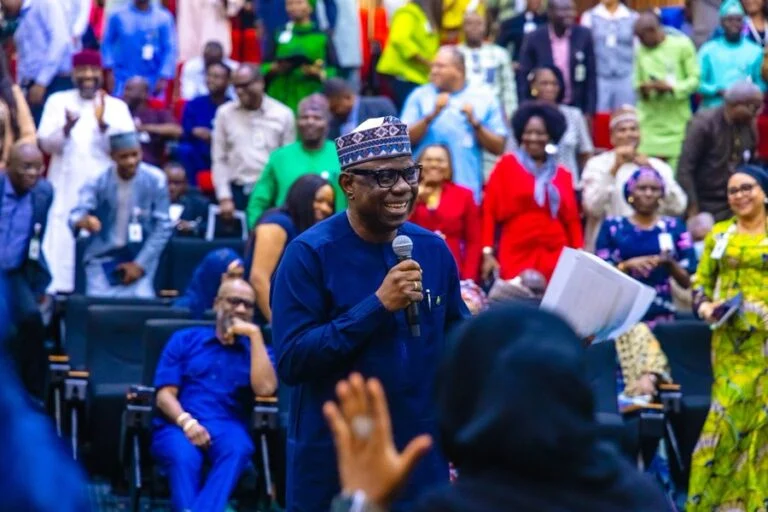

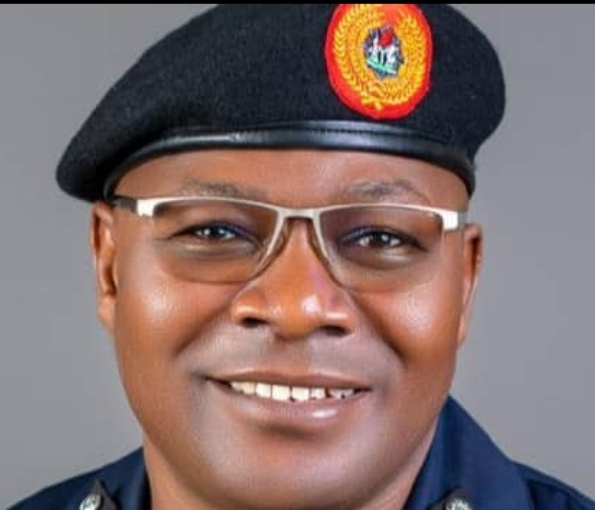


HBGhana
March 27, 2017 at 1:07 am
I just like the helpful information you supply in your articles. I will bookmark your blog and test once more right here frequently. I’m slightly sure I’ll be informed plenty of new stuff right right here! Best of luck for the next!